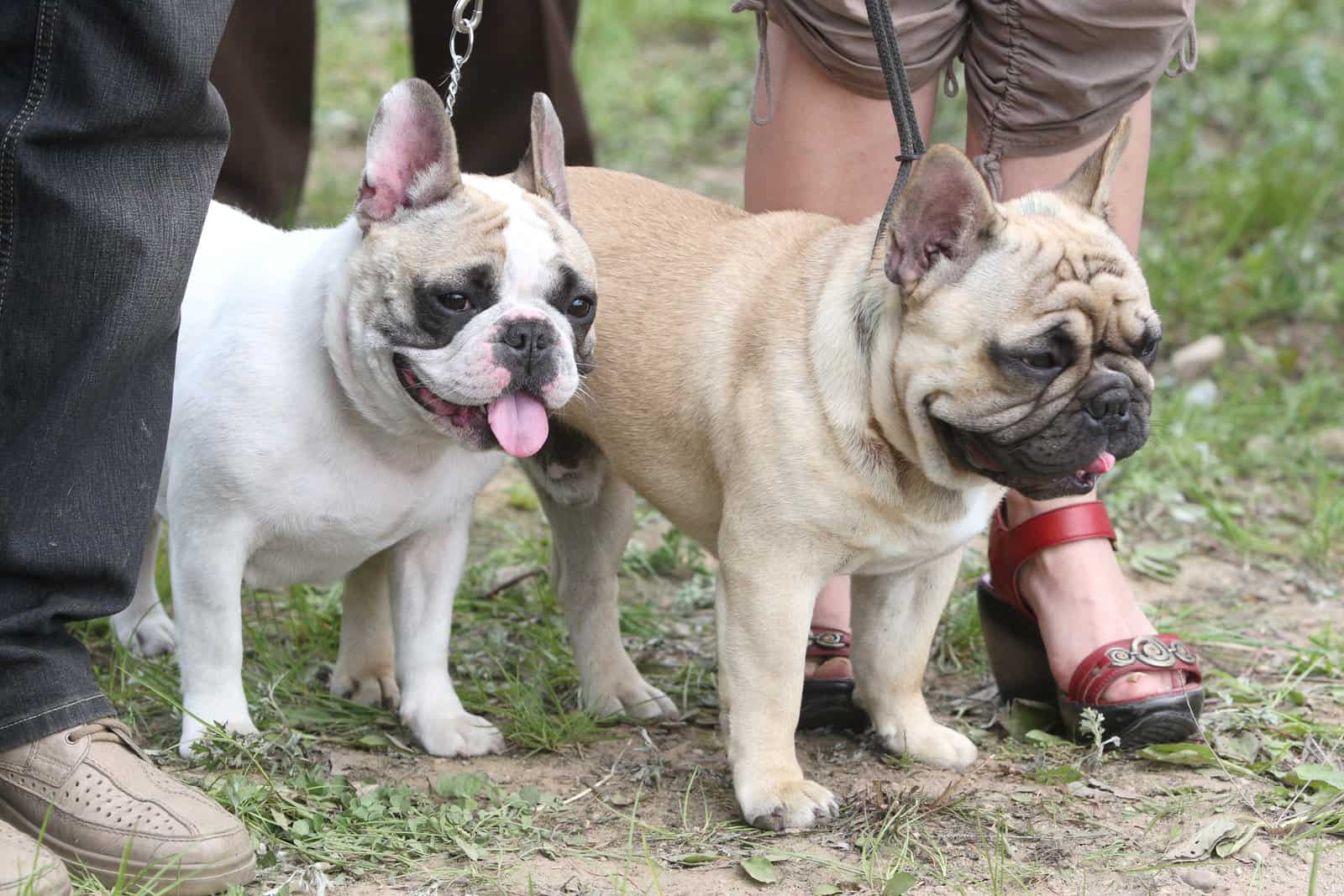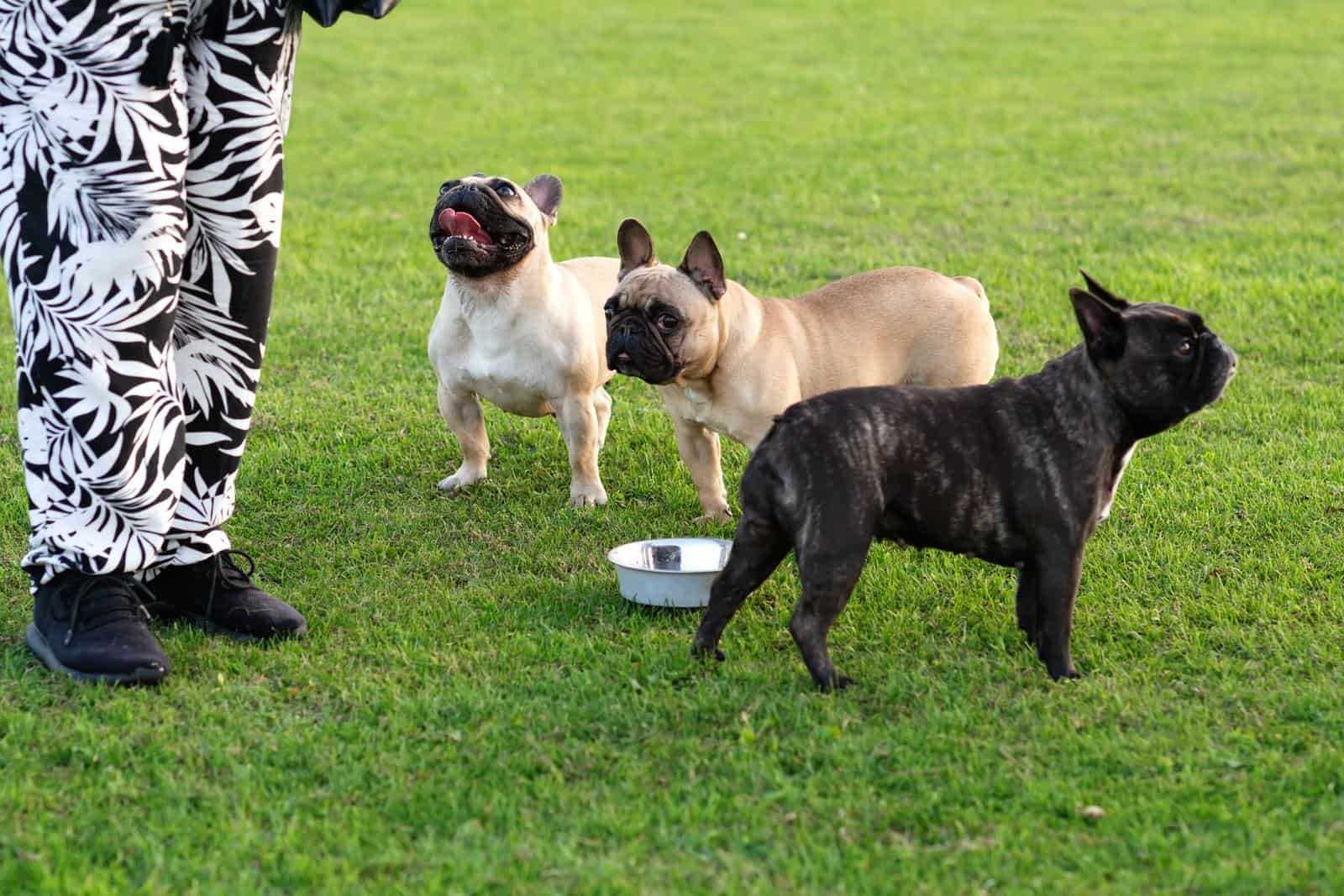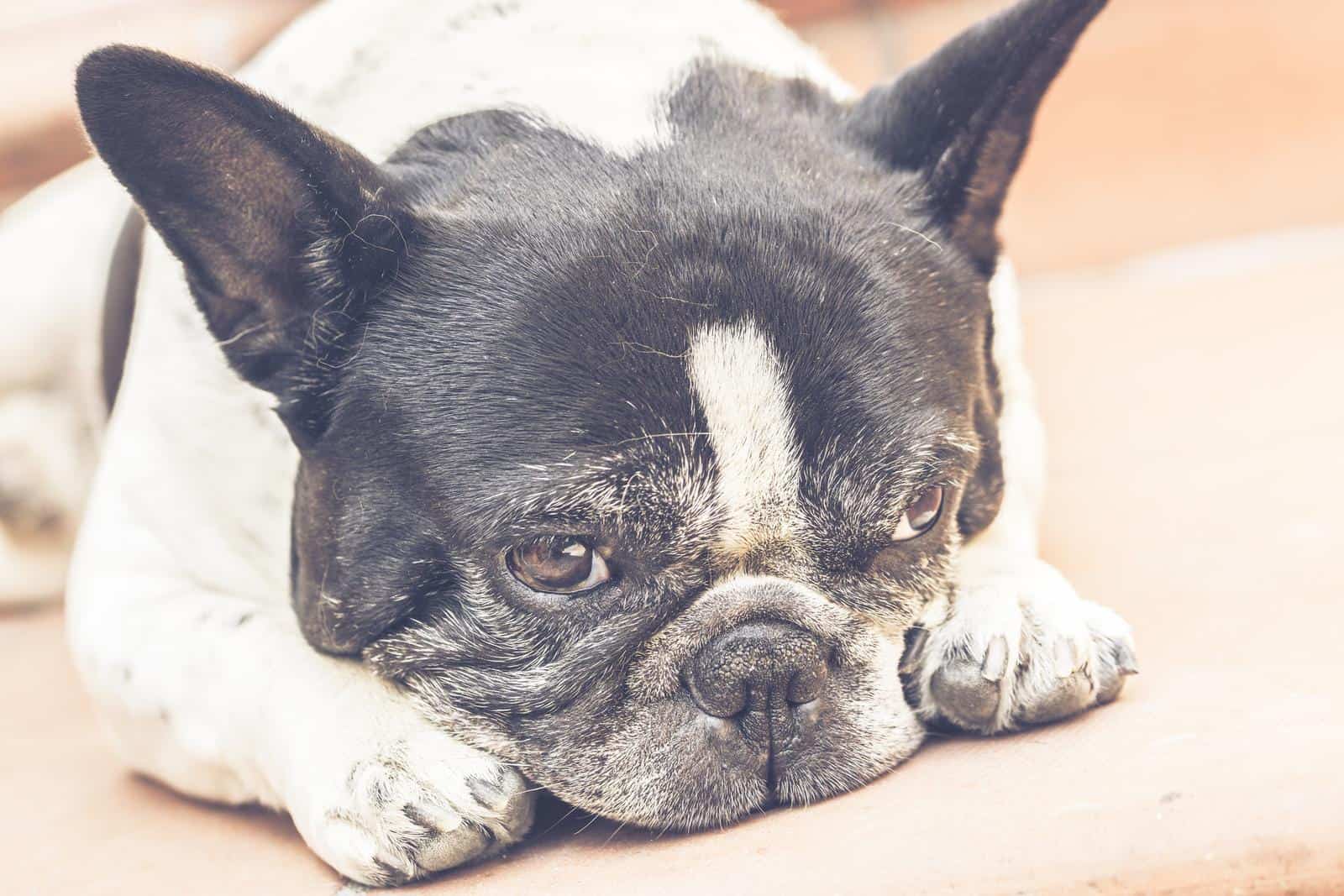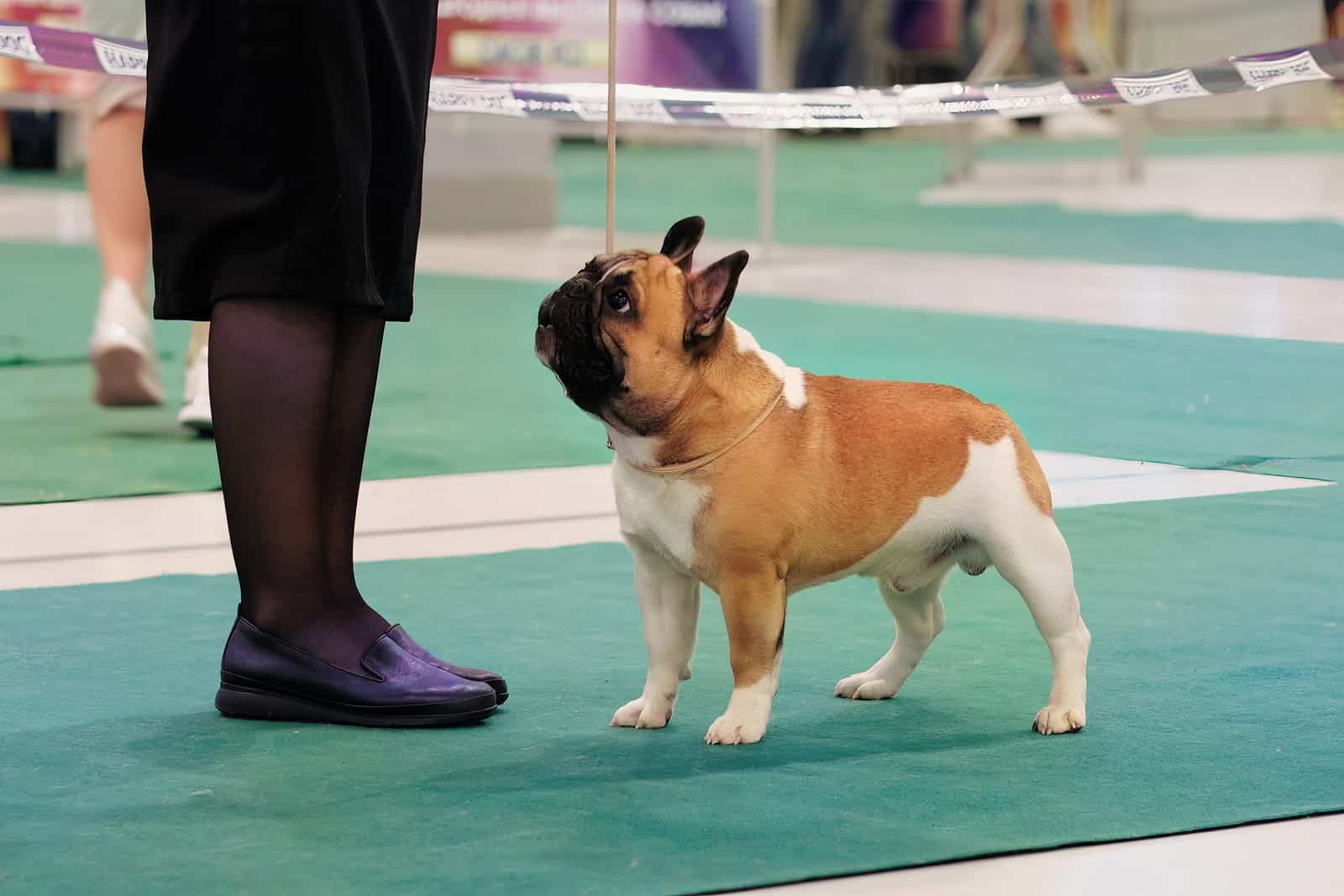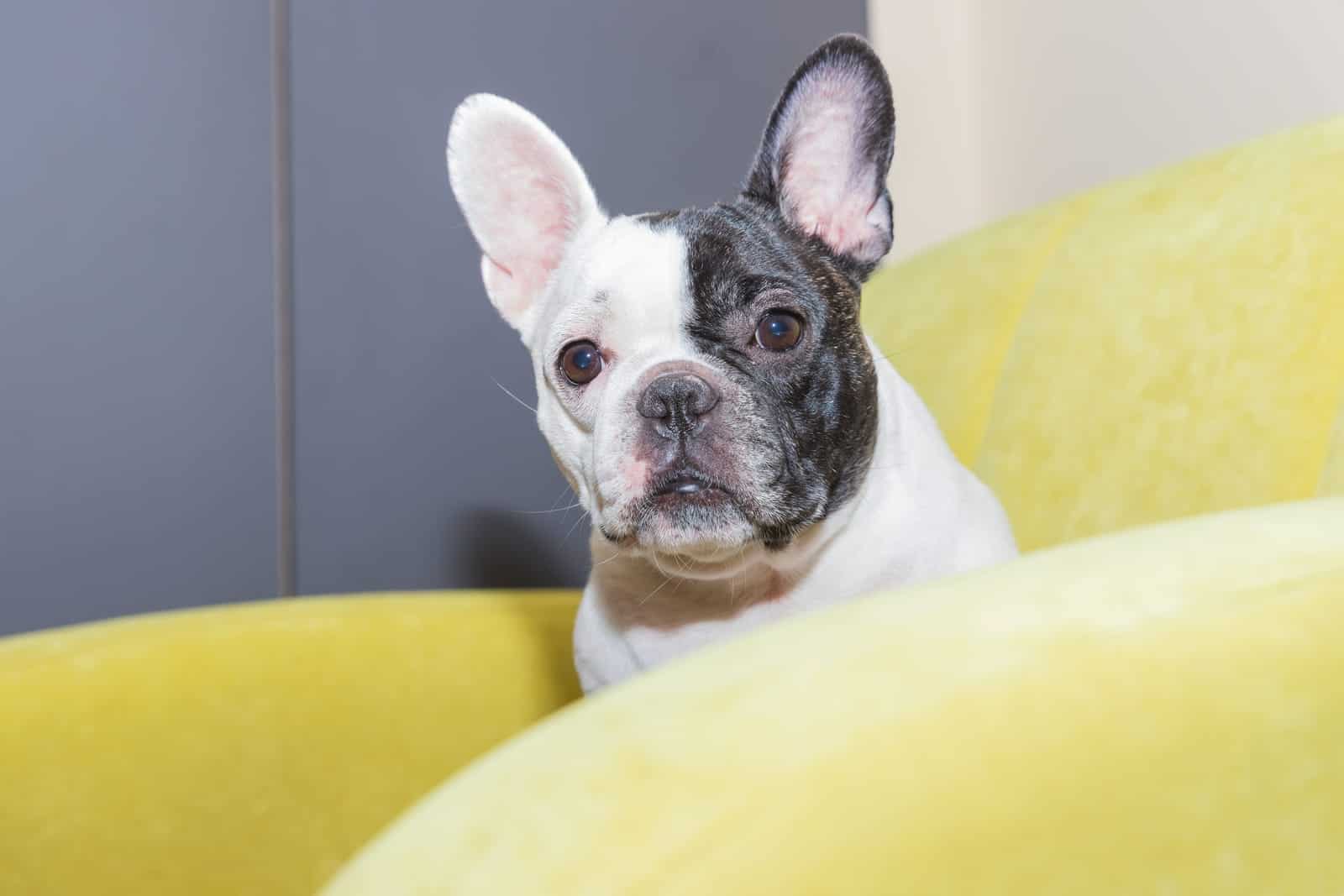French Bulldogs are a beloved breed known for their friendly temperament and suitability as apartment dogs. However, one of the most common questions French Bulldog owners ask is why their furry companions sleep so much.
French Bulldogs sleep more than the average dog due to their unique physiology. Their short snouts make it harder for them to breathe, causing them to tire quickly and need more rest. In addition, French Bulldogs have a distinct sleep cycle that differs from other breeds, with more light sleep and less deep sleep.
French Bulldogs still require appropriate activity and playtime to maintain their health and happiness despite their need for rest. As such, owners need to understand how much sleep their French Bulldog needs and when they should be active. By doing so, they can ensure their furry friend lives a long and healthy life.
French Bulldogs Sleep Key Takeaways
- French Bulldogs sleep more than the average dog due to their unique physiology.
- French Bulldogs have a distinct sleep cycle that differs from other breeds, with more light and less deep sleep.
- French Bulldogs still require appropriate activity and playtime to maintain their health and happiness despite their need for rest.

How Much Do French Bulldogs Sleep?
French Bulldogs tend to be known for their love of sleep. A Frenchie spends about 12 to 14 hours sleeping each day. However, this can vary depending on the dog’s age, health, and activity level.
Puppies and older Frenchies tend to sleep more than adult dogs. French Bulldog puppies may sleep up to 20 hours a day, while an older French Bulldog may sleep for more extended periods due to health issues or decreased energy levels.
Frenchies have a unique sleep pattern that is different from other breeds. They tend to sleep in short bursts throughout the day rather than one long period of sleep at night. This is due to their short snouts, making it difficult to breathe when they sleep. As a result, they may wake up frequently to catch their breath.
Frenchies need to get enough sleep to maintain their health and well-being. Lack of sleep can lead to various health issues, including obesity, diabetes, and respiratory problems.
Owners can help their Frenchies establish a regular sleep schedule by providing a comfortable sleeping area and sticking to a consistent routine. This can include taking frequent naps during the day and going to bed at the same time each night.
French Bulldogs sleep an average of 12 to 14 hours daily, with puppies and older dogs sleeping more. Their unique sleep pattern is due to their short snouts; they need enough sleep to maintain their health. A French Bulldog Owner can help establish a regular sleep schedule by providing a comfortable sleeping area and a consistent routine.

How Long Do French Bulldogs Sleep?
French Bulldogs are known for their love of sleeping and can sleep for long hours throughout the day and night. The average French Bulldog sleeps 12 to 14 hours a day, but this can vary based on age, activity level, and overall health.
Young puppies and senior dogs may sleep more than 14 hours a day, while adult Frenchies may sleep for around 12 hours. These dogs are known for their ability to sleep through the night without waking up, and they may also take naps during the day.
Maintaining a consistent sleep schedule is vital for your furry friend’s overall health and happiness. These dogs thrive on routine and may become anxious or restless if their sleeping habits are disrupted.
Owners should provide a comfortable sleeping area for their Frenchies, such as a cozy bed or crate, to encourage them to sleep well. Adult French Bulldogs have a unique sleep pattern involving several short naps throughout the day rather than one long sleep period.
They may sleep for a few hours, then wake up to eat, drink, or play before going back to sleep. This sleep cycle is similar to wild canines, who sleep in short bursts to remain alert and aware of their surroundings.
Overall, French Bulldogs need plenty of sleep to stay healthy and happy. Owners should pay attention to their dog’s sleeping habits and consult a veterinarian if they notice any changes in their dog’s sleep patterns or routines.
Owners can ensure their Frenchies get the rest they need to thrive by providing a comfortable sleeping area and a consistent sleep schedule.
Do French Bulldogs Snore?
French Bulldogs pups are known for their snoring habits. The main reason behind their snoring is the anatomy of the airway. They have soft and enlarged palates, which are paired with narrow nostrils. When they fall asleep, their airway relaxes, constricting the nasal passageways. This leads to snoring as the air is forced into the narrowed airway. Almost all French Bulldogs will snore.
Some Frenchies snore louder than others, which can indicate respiratory problems. If your Frenchie is snoring loudly or excessively, it is recommended to consult a veterinarian. A visit to the vet can uncover any underlying health problems that may be the cause.
French Bulldogs are a brachycephalic dog breed, which means they have a short snout and flat face. This anatomy can lead to breathing difficulties and sleep apnea. Sleep apnea is a severe condition where breathing stops and starts during sleep. If your Frenchie is exhibiting sleep apnea symptoms, such as gasping for air during sleep, it is crucial to seek veterinary care.
Owners can do things to reduce snoring in French Bulldogs. Keeping your Frenchie at a healthy weight can help reduce snoring. Overweight dogs may have a narrower airway, which can increase snoring.
Additionally, avoiding smoking near your Frenchie can help reduce snoring. Cigarette smoke can irritate the nose and throat, leading to snoring.
Snoring is a common occurrence in French Bulldogs due to their anatomy. While it may be a harmless habit, a veterinarian should address excessive snoring or sleep apnea symptoms.

Is It Normal For Frenchies To Snore?
French Bulldogs are known for loud snoring, which can sometimes cause concern for their owners. However, it is essential to note that snoring is common in Frenchies and is usually not a sign of severe health issues.
Frenchies’ unique anatomy makes them prone to snoring and other respiratory problems. Their short snouts and narrow nostrils make it difficult for them to breathe correctly, especially when they are sleeping. This can lead to snoring, wheezing, and other breathing problems.
While snoring is common in Frenchie puppies, monitoring your pet’s breathing patterns and consulting a vet if you notice any signs of sleep apnea or other respiratory problems is crucial. Sleep apnea is a severe condition that can cause your pet to stop breathing for short periods while sleeping. Left untreated, sleep apnea can lead to other health problems and even death.
If your French Bulldog snores excessively or has trouble breathing while sleeping, it is vital to take them to a vet for a check-up. Your veterinarian may recommend specific lifestyle changes, such as short walks, weight loss or sleeping in a different position, or they may recommend medical treatment, such as surgery or medication.
Snoring is common in French Bulldogs and is usually not a sign of severe health issues. However, monitoring your pet’s sleeping habits, breathing patterns and consulting a vet if you notice any sleep apnea symptoms or other respiratory problems is crucial.

Do Frenchies Sleep With Their Eyes Open?
Did you know French Bulldogs have big, captivating eyes that need plenty of blinking to stay healthy, resulting in frequent eye-rolling and rapid eye movement? A French Bulldog does not sleep with its eyes open despite common belief. These cuties are light sleepers and remain alert, ready to respond quickly to any potential danger.
Frequently Asked Questions
How many hours a day do French Bulldog puppies sleep?
French Bulldog puppies sleep a lot, typically between 16 and 20 hours daily. They will sleep less as they grow older but still require more sleep than adult Frenchies.
Do Frenchies sleep a lot?
Yes, French Bulldogs are known for sleeping a lot. They can sleep up to 12-14 hours a day, and they may take several naps throughout the day.
Are Frenchies heavy sleepers?
French Bulldogs are not heavy sleepers, but they require a lot of sleep to stay healthy and happy. They have a unique sleep cycle, which means they need more sleep than other breeds.
Why is my French Bulldog so lazy?
French Bulldogs may appear lazy, but they are not. They are known for their calm and relaxed temperament and require a lot of rest to maintain their energy levels. If your Frenchie seems excessively lazy, it may indicate an underlying health issue, and you should consult a veterinarian.
Do French Bulldogs get attached to one person?
French Bulldogs are known for forming strong bonds with their owners and may become attached to one person. However, they can also be social with other people and animals with proper socialization.
How long do Frenchies sleep at night?
French Bulldogs typically sleep for around 8-10 hours at night but may wake up to take a quick potty break or drink water. Providing them with a comfortable and quiet sleeping environment is essential to ensure they get the rest they need.
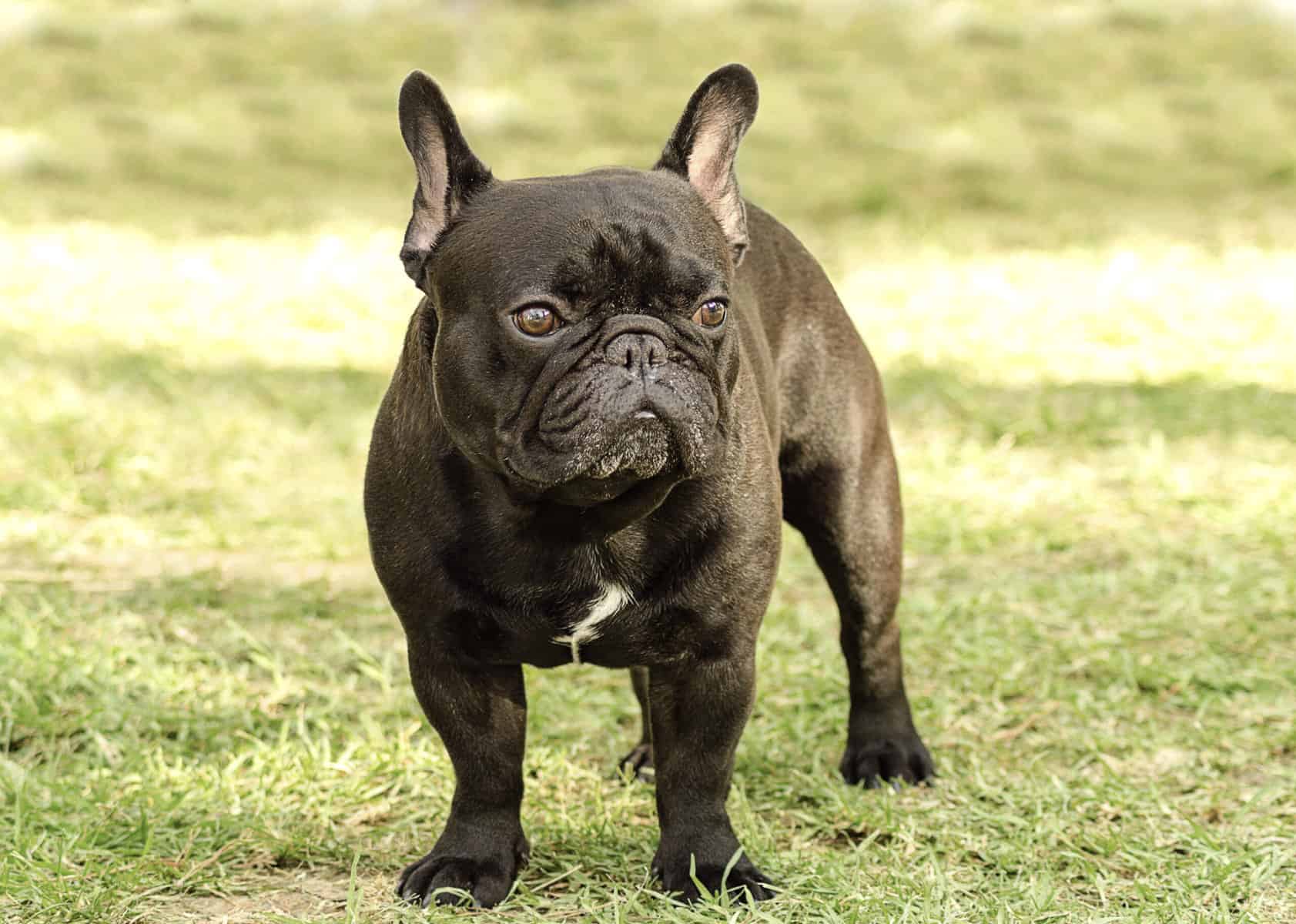
French Bulldog Sleeping Habits Conclusion
All in all, we can see that French Bulldogs’ sleep habits are well known. These cute little dogs are genuine masters of napping – they find new and creative ways to get comfortable and drift off into dreamland. Whether you have one at home or visit on one occasion, be sure to take the opportunity to appreciate your Frenchie for their love of sleep.
After all, a good rest is essential for a healthy life! And if nothing else helps them snooze, remember that some scientifically sound ambient music or white noise might do the trick.
With this knowledge, you can ensure that your lovable pooch always gets enough ZZZs to look and feel their best. Bonne chance and sweet dreams!
Copyright CaninePals.Com. All Rights Reserved.
References and Further Reading:






